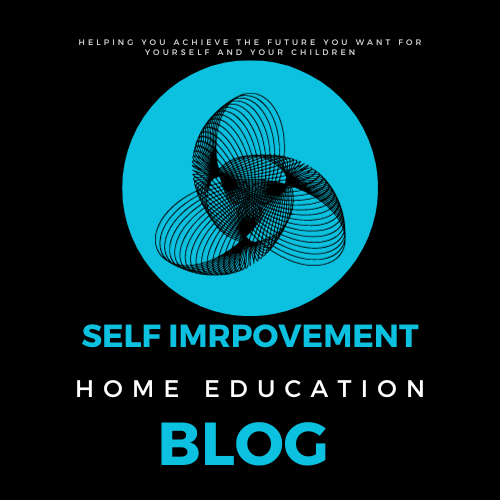In recent years, homeschooling has gained popularity as an alternative education
option, allowing parents and guardians to actively participate in their child’s learning
journey. For middle schoolers, aged 11-13, the transition from childhood to adolescence
is a crucial period of intellectual and emotional development. Understanding how to
navigate this educational landscape is key to ensuring a well-rounded education
for these young minds.
Homeschooling and Independent Learning:
The Benefits:
1. Personalized Learning:
Homeschooling provides a unique opportunity to tailor the curriculum to
suit the individual learning style and pace of the child. This flexibility allows
for a deeper understanding of subjects, fostering a love for learning.
2. Encouraging Curiosity:
Middle schoolers are naturally curious. Homeschooling allows them to explore
topics beyond the conventional curriculum, nurturing a sense of wonder and
curiosity that can drive a lifelong passion for learning.
3. Building Critical Thinking Skills:
Independent learning fosters critical thinking skills by encouraging students
to analyze information, ask questions, and develop their own opinions. This
sets a strong foundation for future academic success.
How to Teach Middle School: Grade 6-8 (Age 11-13):
1. Core Subjects:
Focus on a well-rounded curriculum that includes English, mathematics,
science, and social studies. Tailor the material to capture the interests of your
child, making learning engaging and relevant.
2. Life Skills:
Incorporate practical life skills such as time management, goal setting, and
effective communication into the curriculum. These skills are essential for
navigating both academic and personal challenges.
3. Project-Based Learning:
Middle schoolers thrive in hands-on learning environments. Integrate
project-based learning experiences to encourage creativity and teamwork.
This approach helps solidify theoretical concepts and provides a real-world context.
The Effect on the Mind:
1. Cognitive Development:
Middle school is a critical period for cognitive development. Subjects like
mathematics and science stimulate abstract thinking, enhancing problem-solving
skills and fostering a deeper understanding of the world.
2. Emotional Intelligence:
Social studies and literature can play a crucial role in developing emotional
intelligence. Exploring different cultures, historical events, and character
perspectives helps build empathy and understanding.
3. Self-Discovery:
Encourage middle schoolers to explore their interests and passions. This self-discovery
process not only contributes to personal growth but also helps in making informed
decisions about future academic and career paths.
Conclusion
In conclusion, homeschooling during middle school years can be a rewarding
experience for both parents and students. By tailoring the curriculum to meet the
specific needs and interests of the child, fostering critical thinking skills, and
encouraging a love for learning, homeschooling can pave the way for a successful
academic journey and holistic personal development.
Post Disclaimer: The information on this website is public information
and is not individual legal advice. Readers should not rely on or take
any action based upon the information on this website and professional
advice should be obtained particular to the legal circumstances one is
facing. While we strive for accuracy, it is possible that the information
on our site may contain errors or omissions. We disclaim any liability
for any such errors or omissions.
Affiliate Links Disclaimers: Some of the links on this website are
“affiliate links.” This means if you click on the link and purchase the
item, we will receive an affiliate commission. We disclose this in
accordance with the Federal Trade Commission’s 16 CFR, Part 255:
“Guides Concerning the Use of Endorsements and Testimonials
in Advertising.
